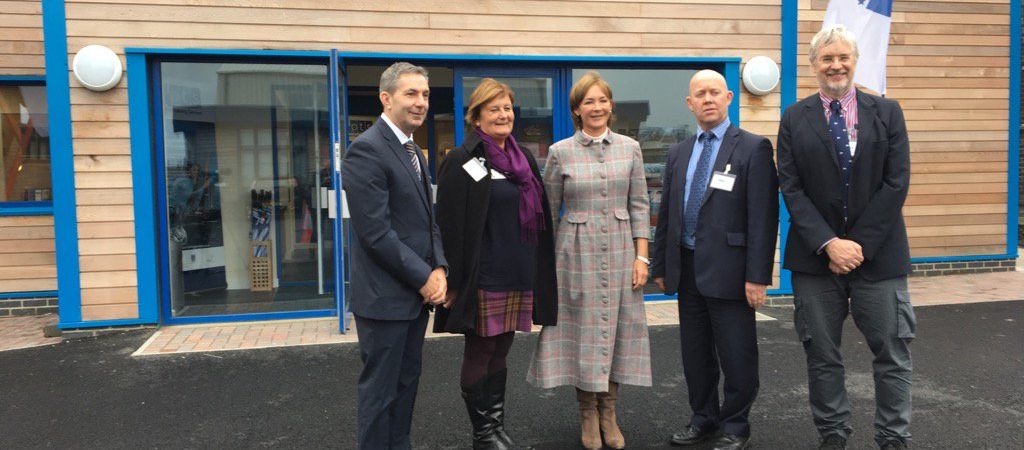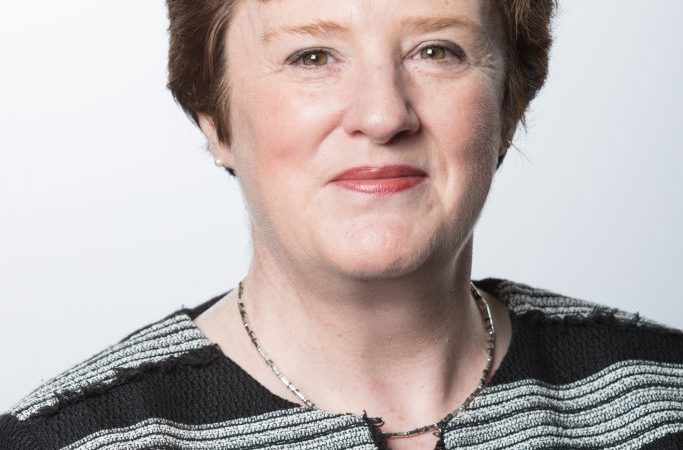
Development at Tyne Tunnel Trading Estate receives boost from Local Growth Fund
We have awarded funding to support the development of a new commercial business unit on the Tyne Tunnel Trading Estate through the Local Growth Fund.
UK Land Estates, which is leading the project to create 52,939 square feet (4,920 square metres) of new business space, has received £1,359,322 from the North East LEP’s Local Growth Fund that helps support economic asset and infrastructure projects across the North East LEP area.
The Intersect 19 project marks the first speculative development on the Tyne Tunnel Trading Estate since the 2008 recession.
Tim Witty, Development Director at UK Land Estates, said:
The development is fantastic news for Tyneside and the wider region. This high specification unit will offer 52,939 square feet of modern high bay manufacturing space with 9.8m eaves height, good power availability and the capability to provide 20t overhead craneage. UK Land Estates are keen to hear from businesses looking to grow their business in 2017.
Work will commence on site on 6 February with a target completion date of 1 September 2017.
The £220.4m Local Growth Fund, secured as part of the North East Growth Deal, supports the North East LEP’s delivery of the Strategic Economic Plan, which aims to create 100,000 more and better jobs by 2024.
David Land, Board Member of the North East LEP, said:
As one of the key employment sites identified in our Strategic Economic Plan, we’re delighted to be able to support this ambitious project that will encourage more manufacturing growth and job creation in North Tyneside.
Businesses in our region, particularly growing SMEs, are looking for new, state of-the-art facilities. By investing and developing in infrastructure we can help create more and better jobs for the North East.
Tyne Tunnel Trading Estate is strategically located in North Tyneside meaning it is well placed to serve manufacturers with supply chains north and south of the River Tyne. The major investments made in improvements to the local road network, including the dualled Tyne Tunnel and ongoing works to the A19/A1058 Coast Road junction, will ensure the estate continues to benefit from good accessibility to the wider North East region and beyond.
Over the past five years UK Land Estates has invested in excess of £6 million on a programme of refurbishments that have revitalised the estate.
UK Land Estates were advised by Tynemouth based Almere Consulting. Tom Bailey, Managing Director of Almere Consulting, said:
We are tremendously appreciative of the support for the project that we’ve had from both North Tyneside Council and the North East LEP.
The Intersect 19 development at Tyne Tunnel Trading Estate is one of 11 new projects across the North East to receive investment from the Local Growth Fund in 2016/17.






